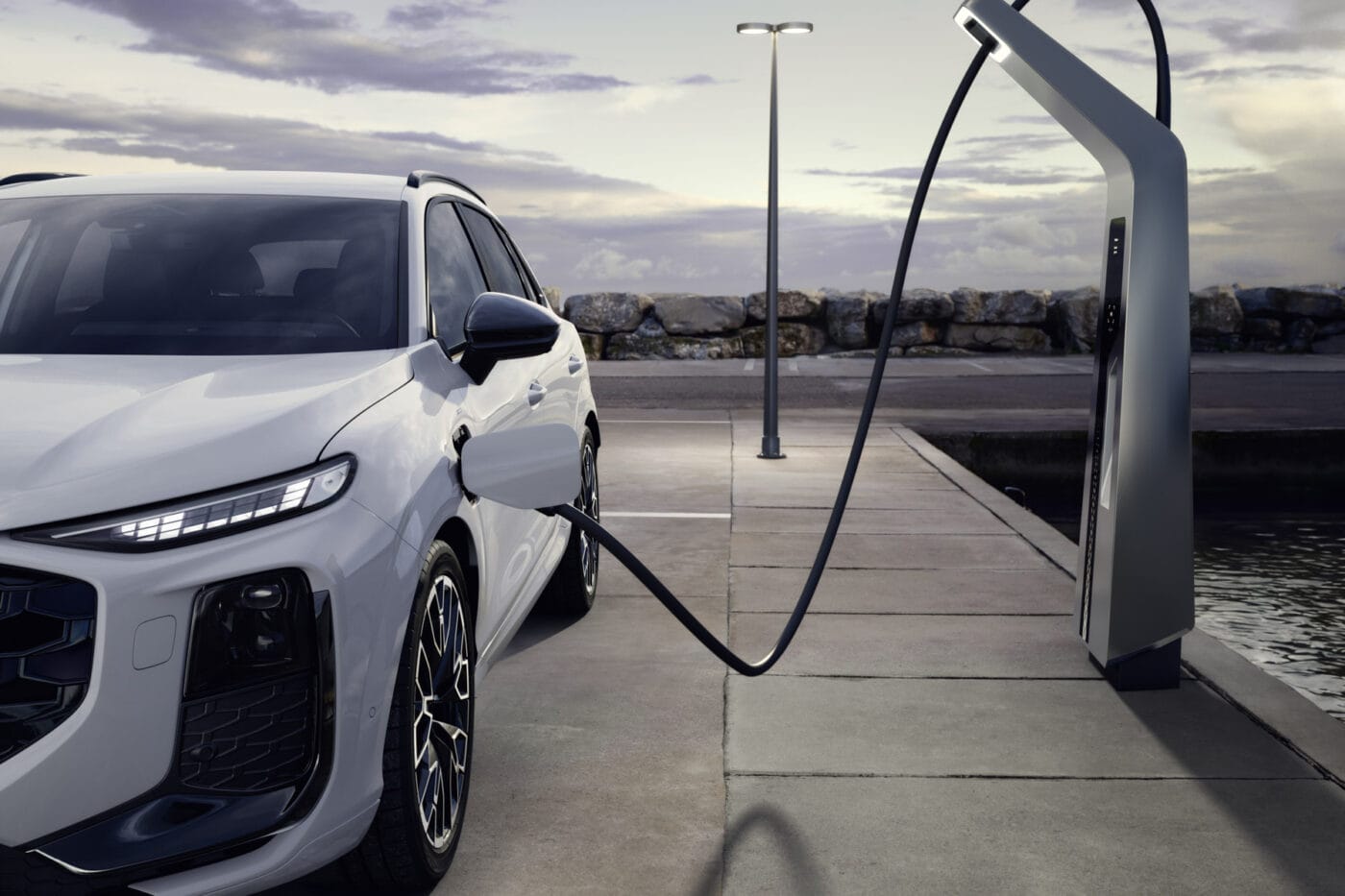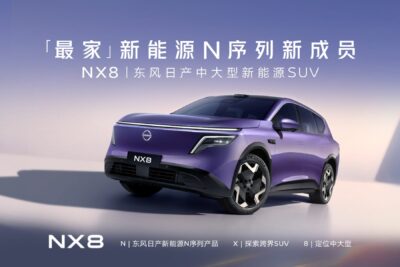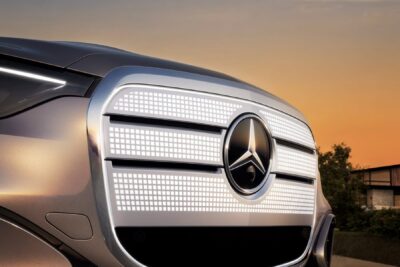German industry association proposes “mandatory charging” for PHEVs
The question of how clean plug-in hybrids really are has been debated for years. Official CO₂ emissions include the electric range in the combined WLTP consumption, often resulting in very low values. In practice, however, it is not possible to verify how frequently part-time electric vehicles drive purely electrically and are charged, or how much distance is actually covered with the internal combustion engine (including the additional weight of the electric drive).
Several studies based on real-world consumption indicate (for example, the ICCT study from 2022 or a recent report by Transport & Environment) that the actual fuel consumption and CO₂ emissions of plug-in hybrids are significantly higher, and their climate benefit is therefore lower. The T&E study concludes that PHEVs emit almost as much CO₂ as conventional vehicles – and still produce 68 grams of CO₂ per kilometre even in electric mode.
For this reason, PHEVs have so far not been exempted from EU CO₂ targets after 2035, when only new cars with zero grams of CO₂ per kilometre are allowed. The German industry association VDA and German policymakers are advocating for new PHEVs to remain eligible after 2035. VDA President Hildegard Müller has now made an unusual offer in this regard.
In an interview with the Frankfurter Allgemeine Sonntagszeitung (FAS), Müller said it would make sense to “motivate” PHEV drivers to drive electric more often, which requires more frequent charging. This is where the VDA proposal comes in. “In the future, plug-in hybrids could be designed so that regular charging is mandatory,” Müller is quoted as saying.
That means: within a defined distance, the battery must be charged at least once. If the driver continues without charging and uses the combustion engine, power output would be limited. Such measures would specifically encourage electric driving, according to Müller.
However, the proposal has a major drawback: its effectiveness depends on the distance within which charging must occur. If the distance is set too long, the intended effect of mandatory charging will be lost, and drivers could continue to cover long stretches using the combustion engine. If the distance is set shorter to match the theoretical ideal use of a PHEV (short daily trips electrically, long trips with the engine), drivers would also have to charge regularly on long trips to avoid power limitation, which would again conflict with the PHEV principle.
The frequently cited bottleneck of charging infrastructure would also likely remain unresolved if PHEVs occupy high-power chargers along motorways to recharge 20 kWh for less than 100 electric kilometres.
If vehicles can and should be charged regularly, there is a technical solution for this type of driving: the battery-electric drivetrain.
faz.net, spiegel.de (both in German)
This article was first published by Sebastian Schaal for electrive’s German edition.





2 Comments